
Burlington Stores Inc
NYSE:BURL


| US |

|
Johnson & Johnson
NYSE:JNJ
|
Pharmaceuticals
|
| US |

|
Berkshire Hathaway Inc
NYSE:BRK.A
|
Financial Services
|
| US |

|
Bank of America Corp
NYSE:BAC
|
Banking
|
| US |

|
Mastercard Inc
NYSE:MA
|
Technology
|
| US |

|
UnitedHealth Group Inc
NYSE:UNH
|
Health Care
|
| US |

|
Exxon Mobil Corp
NYSE:XOM
|
Energy
|
| US |

|
Pfizer Inc
NYSE:PFE
|
Pharmaceuticals
|
| US |

|
Palantir Technologies Inc
NYSE:PLTR
|
Technology
|
| US |

|
Nike Inc
NYSE:NKE
|
Textiles, Apparel & Luxury Goods
|
| US |

|
Visa Inc
NYSE:V
|
Technology
|
| CN |

|
Alibaba Group Holding Ltd
NYSE:BABA
|
Retail
|
| US |

|
JPMorgan Chase & Co
NYSE:JPM
|
Banking
|
| US |

|
Coca-Cola Co
NYSE:KO
|
Beverages
|
| US |

|
Walmart Inc
NYSE:WMT
|
Retail
|
| US |

|
Verizon Communications Inc
NYSE:VZ
|
Telecommunication
|
| US |

|
Chevron Corp
NYSE:CVX
|
Energy
|
Utilize notes to systematically review your investment decisions. By reflecting on past outcomes, you can discern effective strategies and identify those that underperformed. This continuous feedback loop enables you to adapt and refine your approach, optimizing for future success.
Each note serves as a learning point, offering insights into your decision-making processes. Over time, you'll accumulate a personalized database of knowledge, enhancing your ability to make informed decisions quickly and effectively.
With a comprehensive record of your investment history at your fingertips, you can compare current opportunities against past experiences. This not only bolsters your confidence but also ensures that each decision is grounded in a well-documented rationale.
Do you really want to delete this note?
This action cannot be undone.

| 52 Week Range |
215.78
301.35
|
| Price Target |
|
We'll email you a reminder when the closing price reaches USD.
Choose the stock you wish to monitor with a price alert.

|
Johnson & Johnson
NYSE:JNJ
|
US |

|
Berkshire Hathaway Inc
NYSE:BRK.A
|
US |

|
Bank of America Corp
NYSE:BAC
|
US |

|
Mastercard Inc
NYSE:MA
|
US |

|
UnitedHealth Group Inc
NYSE:UNH
|
US |

|
Exxon Mobil Corp
NYSE:XOM
|
US |

|
Pfizer Inc
NYSE:PFE
|
US |

|
Palantir Technologies Inc
NYSE:PLTR
|
US |

|
Nike Inc
NYSE:NKE
|
US |

|
Visa Inc
NYSE:V
|
US |

|
Alibaba Group Holding Ltd
NYSE:BABA
|
CN |

|
JPMorgan Chase & Co
NYSE:JPM
|
US |

|
Coca-Cola Co
NYSE:KO
|
US |

|
Walmart Inc
NYSE:WMT
|
US |

|
Verizon Communications Inc
NYSE:VZ
|
US |

|
Chevron Corp
NYSE:CVX
|
US |
This alert will be permanently deleted.
Operating Margin
Burlington Stores Inc
Operating Margin represents how efficiently a company is able to generate profit through its core operations.
Higher ratios are generally better, illustrating the company is efficient in its operations and is good at turning sales into profits.
Operating Margin Across Competitors
| Country | Company | Market Cap |
Operating Margin |
||
|---|---|---|---|---|---|
| US |

|
Burlington Stores Inc
NYSE:BURL
|
16.7B USD |
7%
|
|
| ES |
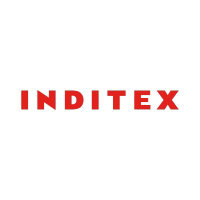
|
Industria de Diseno Textil SA
MAD:ITX
|
170.3B EUR |
20%
|
|
| US |
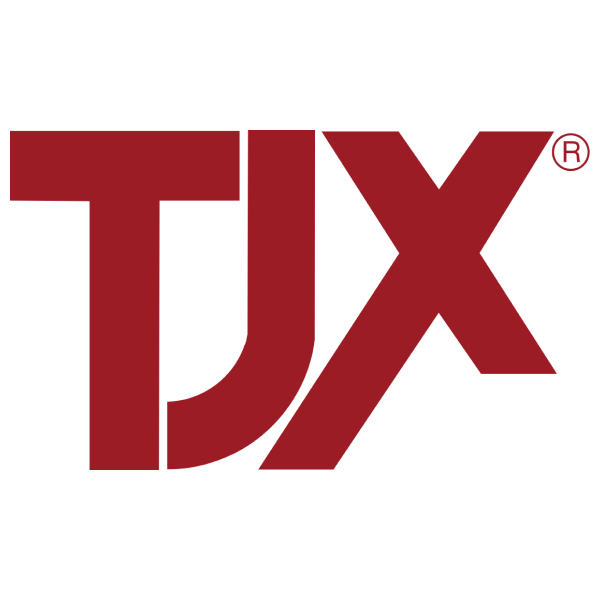
|
TJX Companies Inc
NYSE:TJX
|
173.9B USD |
11%
|
|
| JP |
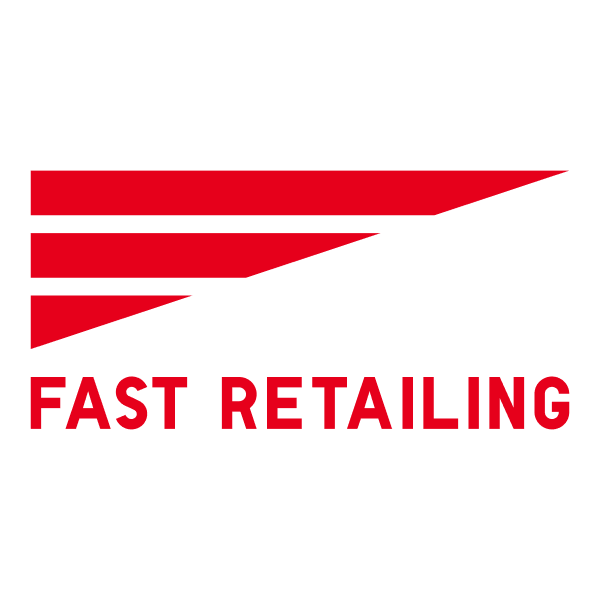
|
Fast Retailing Co Ltd
TSE:9983
|
17.4T JPY |
17%
|
|
| ZA |
P
|
Pepkor Holdings Ltd
JSE:PPH
|
98B Zac |
12%
|
|
| US |

|
Ross Stores Inc
NASDAQ:ROST
|
59.8B USD |
12%
|
|
| ZA |
M
|
Mr Price Group Ltd
JSE:MRP
|
47.2B Zac |
14%
|
|
| SE |
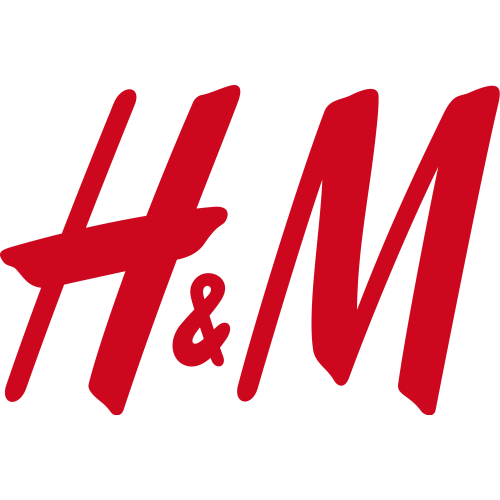
|
H & M Hennes & Mauritz AB
STO:HM B
|
292.1B SEK |
7%
|
|
| ZA |
F
|
Foschini Group Ltd
JSE:TFG
|
27B Zac |
7%
|
|
| ZA |
T
|
Truworths International Ltd
JSE:TRU
|
20.4B Zac |
14%
|
|
| IN |
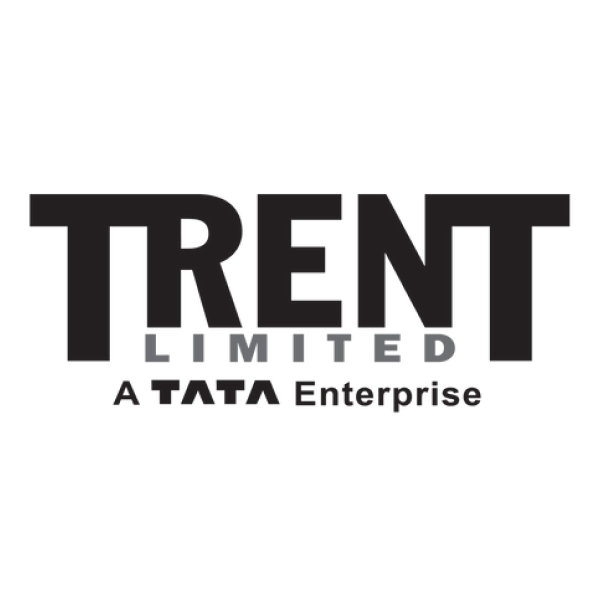
|
Trent Ltd
NSE:TRENT
|
1.5T INR |
11%
|
Burlington Stores Inc
Glance View
Burlington Stores Inc., originally founded as a wholesaler in 1924, journeyed through decades of transformation to become a leading national off-price retailer. The company initially gained recognition through its Burlington Coat Factory, capitalizing on the demand for discounted outerwear. Over the years, Burlington's strategy shifted from mere seasonal goods to offering a comprehensive selection of apparel, including ladies', men's, and children's clothing, as well as home decor products, all at reduced prices. The stores have embraced a no-frills model, strategically focusing on lean operations—minimizing inventory by frequently rotating their stock to showcase a constantly changing assortment. This approach not only attracts a wide range of shoppers looking for bargains but also ensures that the retailer remains financially nimble, handling less inventory risk while maximizing sales per square foot. Central to Burlington’s business model is its ability to pass on significant savings to customers. The company purchases excess inventory from manufacturers and other retailers, often obtaining sizable markdowns which it then transfers to its consumers. This places Burlington in a competitive position against other retailers by delivering fashionable, brand-name products at considerably lower prices. These competitive prices attract a broad customer base that actively seeks value in their purchases, enabling Burlington to thrive in the retail landscape. Additionally, Burlington’s footprint is significant, with over 700 stores, mostly located in high-traffic suburban and urban areas across the United States. This geographical distribution plays a crucial role in ensuring the brand’s visibility and access to diverse demographic groups, further reinforcing its market position.

See Also
Operating Margin represents how efficiently a company is able to generate profit through its core operations.
Higher ratios are generally better, illustrating the company is efficient in its operations and is good at turning sales into profits.
Based on Burlington Stores Inc's most recent financial statements, the company has Operating Margin of 7%.





























